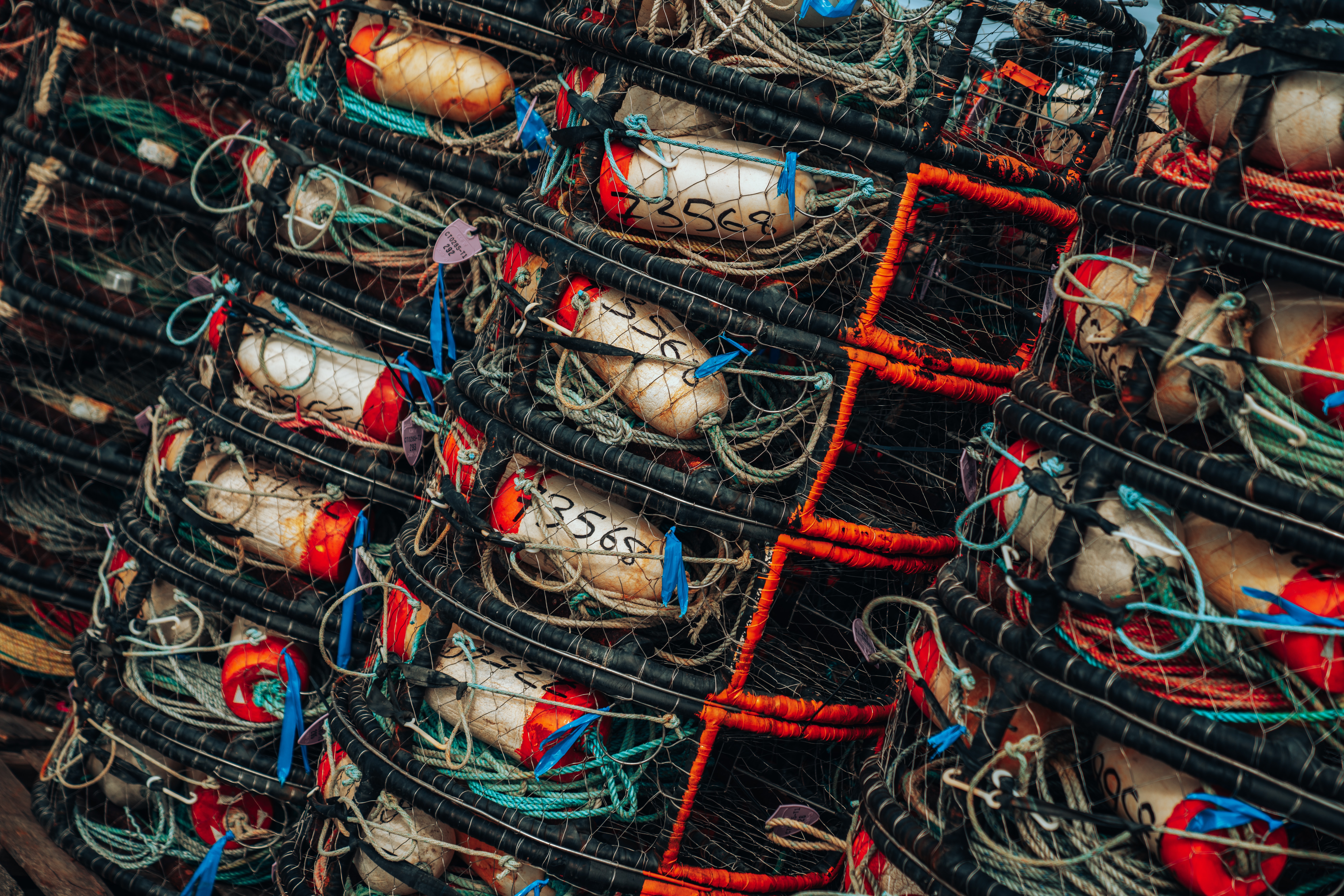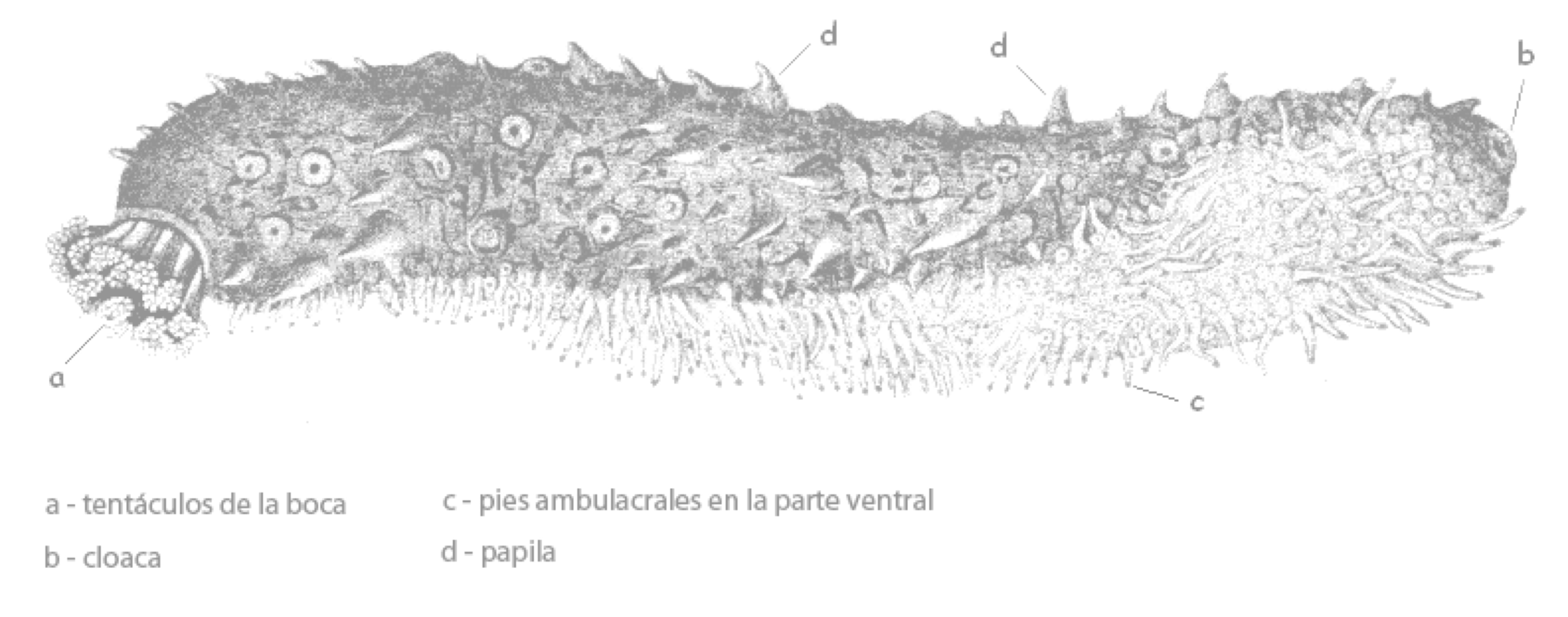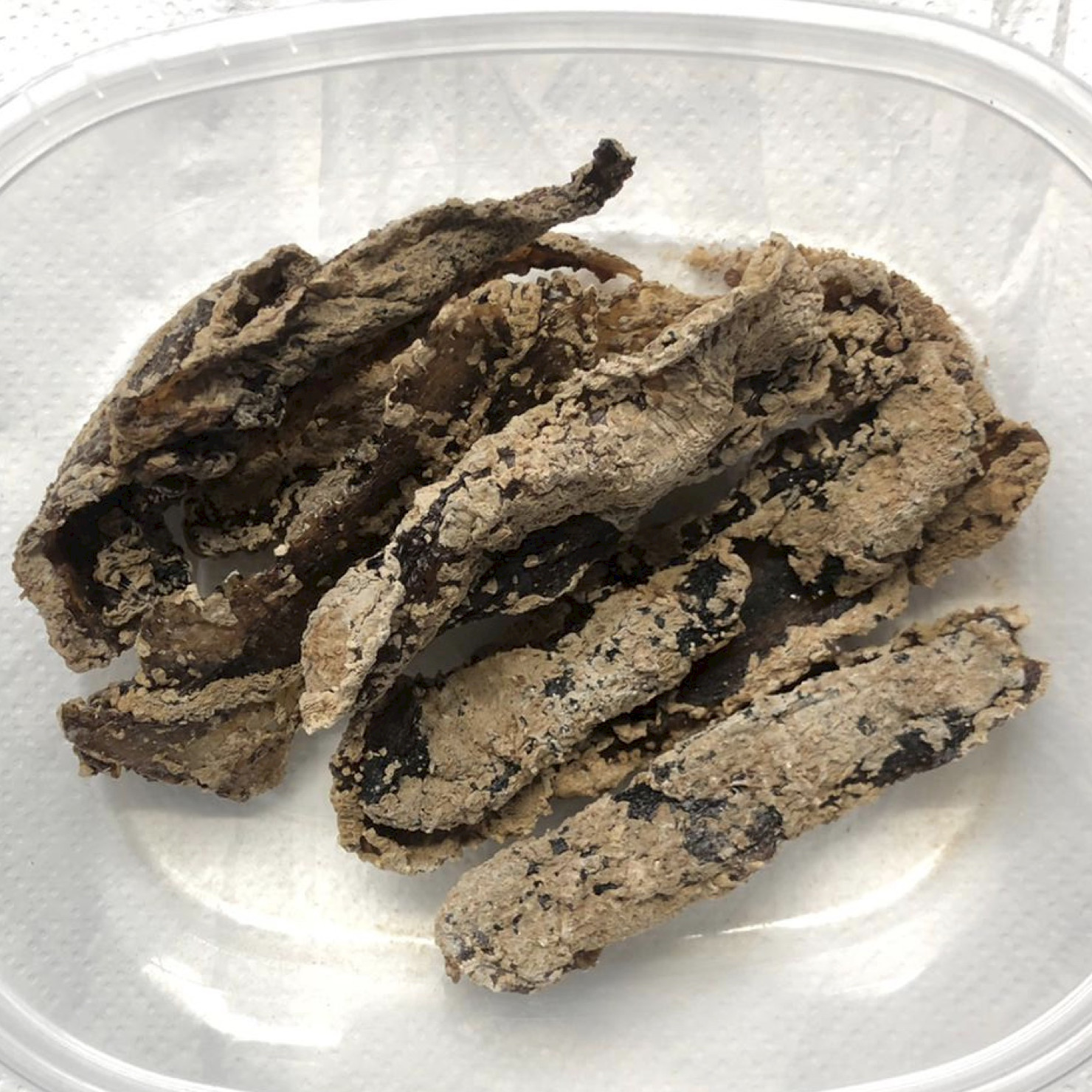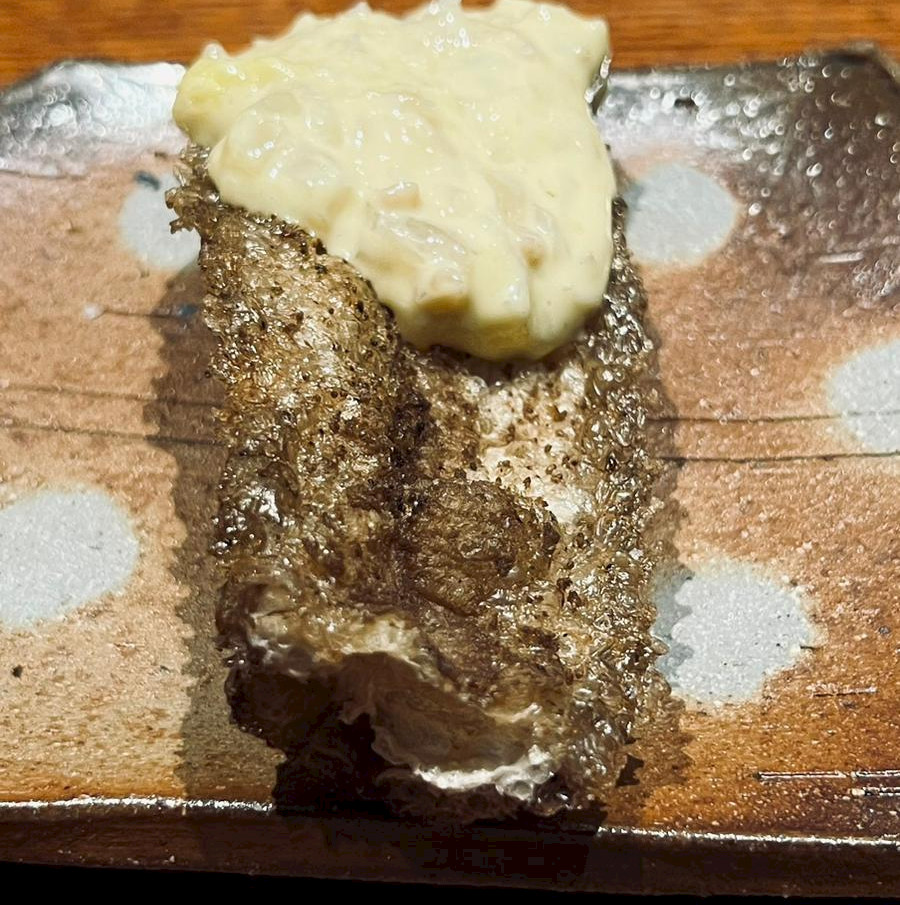

The work that Imago develops by request of Mariscos Comesaña, is framed within the inter territorial and transnational cooperation projects of the local action groups of the fishing sector (GALP).
In this work, Mariscos Comesaña entrusts us with the development of concepts and food products from the use of holothuroids that the fishing sector catches and has difficulty in offering to the market due to the implementation of different policies for the use of "discarded" marine species, understood as the practice of returning to the sea unwanted catches, alive or not, for different reasons: not reaching the size, because the fisherman has no quota, or because of certain rules of composition of the catches. The new Common Fisheries Policy makes the landing of all catches compulsory, in order to promote greater selectivity and greater reliability of catch data. To this end, a requirement is introduced that all catches must be retained on board, landed and deducted from quotas. The landing obligation applies to all fisheries.

Mariscos Comesaña presents to Imago a project for the development of products from sea cucumber.
The most appreciated part of this species in the local culture is its internal meat, specifically its five longitudinal muscular bands joined by a connective tissue. It has a texture similar to that of squid and a very fine flavor, approaching that of razor clams. That is why it is mainly called espardeña (common name in gastronomy) to the final product (the clean flesh of the cucumber) and not to the organism itself.
The disadvantage, and reason for this project, is the fact that in order to obtain this meat, more than 70% of the specimen is wasted. This causes a considerable increase in the final price of the cleaned cucumber and above all a very strong impact due to the generation of biological waste for which a valuable solution must be found. Taking into account its difficult capture and arduous processing, the fruit of this echinoderm is one of the most expensive products of the peninsula.
This project also seeks to contribute to sustainable development, which is why Mariscos Comesaña decided to undertake the project categorized as artisanal coastal fishing.
Taking into consideration certain problems that affect the sector, such as overexploitation of resources, damage to ecosystems or the problem of discards, projects are promoted that can help the valorization of resources that today are discarded.
Many restaurants today have begun to implement practices so that the food system can operate responsibly with the development and future of society. Using sustainably produced food, collaborating with the local community, valuing food production and quality, respecting food culture, enabling pleasure through food, encouraging environmental education, promoting energy, water and waste management throughout the food chain, from production, processing and distribution, as well as the use of resources, are parts of that complex and delicate system that we all already manage as a goal from the different levels of the food value chain; including restaurants.
Aligned with these values and objectives, Mariscos Comesaña has presented a project through which to improve the yield of this scarcely exploited fish species (sea cucumber) and introduce to the B2B and B2C market elaborations derived from it. Elaborations developed from the surpluses that the consumption of the sea cucumber causes in a market in which the waste is not taken advantage of.
In this way, Mariscos Comesaña requires from Imago elaborations that can help to fulfill the strategic objectives of the project: To promote and take advantage of the environmental heritage of the fishing and aquaculture areas on the one hand, and also to protect and value the cultural heritage as an emblematic resource in the Ría de Pontevedra.


Mariscos Comesaña shares with Imago the idea of generating products derived from sea cucumber that can be adapted to consumption among companies in the Horeca channel, as well as to the final consumer. For this reason, the studies and tests developed by Imago leave the door open to the commercialization of the results to both markets.
For mainly sensory but also technological reasons, the decision was finally made to apply combined processing systems that are well known. Consumers are increasingly looking for cleaner labels and seem to trust the more traditional systems when it comes to assessing the traceability of products.
Imago has developed together with Mariscos Comesaña a product with a crunchy and light texture, similar to what could be the concept of a marine torrezno. This is a product that shares characteristics with such a deep-rooted elaboration in the culture as this puffed product, but with the novelty of being elaborated with exclusively marine products, which makes the product show differences and ostensible advantages, both sensorially and mainly at a nutritional level.